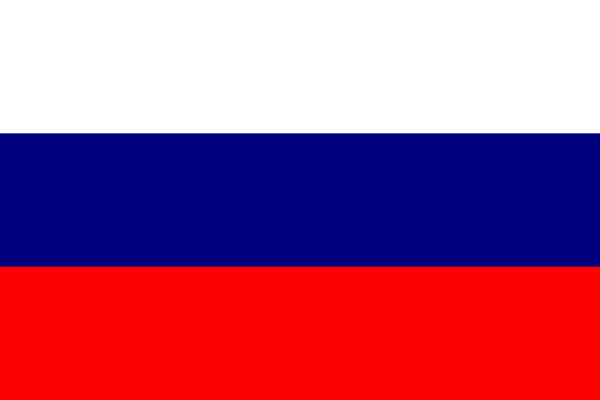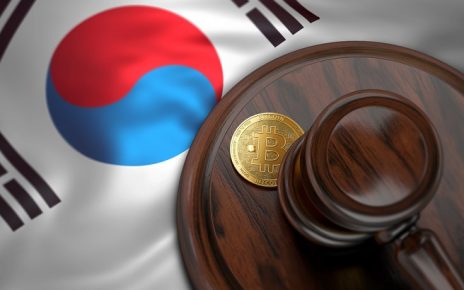Russia continues its journey on the path to regulating the cryptocurrencies, the blockchain technology and the emission of cryptocurrencies. Now, the Ministry of Сommunications and Mass Media (Minkomsvyaz) of the Russian Federation, published a draft containing regulatory guidelines for launching initial coin offerings (ICOs) and emitting cryptocurrencies in the country.
The document is available on the Federal portal for regulatory projects on the Russian territory and it was also communicated by a local news agency. The draft with legislative guidelines is in the consultation stage which should conclude on April 10th, 2018. During this phase, public discussions related to the project will be held.
The document published by the Ministry of Сommunications and Mass Media is trying to establish the procedures to follow when it comes to emitting digital tokens. It defines which organizations, platforms and companies will be authorized to emit digital tokens based on the blockchain technology. The authorization will be valid for five years. The supervision and fulfillment of the rules will be in the hands of the entities accredited by the Ministry of Сommunications and Mass Media. The license will be required to develop, create and distribute the cryptographic products in the country. Likewise, all the emissions must be dependent on the Russian ruble.
This way, one of the obligations of the cryptocurrencies emitters will be to use part of the money raised from the sale of tokens to guarantee the possibility for the investors to rebuy the tokens at nominal price. The emitters will need to be registered in Russia and the authorized capital has to be worth at least 100 million rubles (around 1.7 million dollars). Moreover, the emitting entities will have to have a banking account in a Russian bank for the transactions in fiduciary money received during their initial coin offering.
Nevertheless, it should be noted that the document does not specify the procedure when it comes to the pre-ICOs. During these events, the investors are normally able to buy the cryptocurrencies with discounts, but this also includes a higher risk. The draft of the guidelines also fails to mention the lock-ups, periods during which the first investors are not able to sell or exchange the tokens they acquired until certain date.
Arseniy Sheltsin, the director of the Russian Association of Cryptocurrency and Blockchain (RACIB) said the following in an interview: “It’s hard to comment on these regulations in any shape or form, because they are disconnected from reality.” This is because the document seems to sat the money must be collected in order to be given back instead of using these funds for internal business development and investment. Sheltsin also added: “The document uses inaccurate terminology, which can result in conflict. Nor does it correspond to existing regulations.”
Artyom Inutin, the Head of Investments at TMT Investments said: “We haven’t seen a single ICO in Russia. All token sales are conducted abroad. This is what I’m afraid of. Documents often leave room for double interpretation and this could hurt the ICO process.”
Previously, the Russian authorities published a draft law whose goal was to protect the rights of the cryptocurrency users, as well as to regulate their application as a method of payment. The mining of cryptocurrencies was also encompassed by this draft law, along with the initial coin offerings. The regulation of assets such as Bitcoin were supposed to be in the hands of the central bank of Russia, according to the draft law.
On the other hand, the launch of the first guarantee systems for ICOs was announced for February this year. This platform is supposed to function legally on the territory of the Russian Federation and its goal is to lower the risks of investments in cryptocurrencies.
Here is a list of key points from the guidelines published by the Ministry of Communications and Mass Media:
- ICO organizers would be accredited for a period of 5 years;
- Accreditation is proposed to be voluntary and controlled by MinComSvyaz;
- ICOs must be registered in the Russian Federation;
- Registered capital must be at least 100 million rubles (1.7 million US dollars);
- Must be licensed to develop, produce, and distribute cryptographic commodities;
- Must have Russian bank account for transmitting money raised from ICO;
- Issuing of digital tokens must be carried out in rubles only (cashless settlement).




